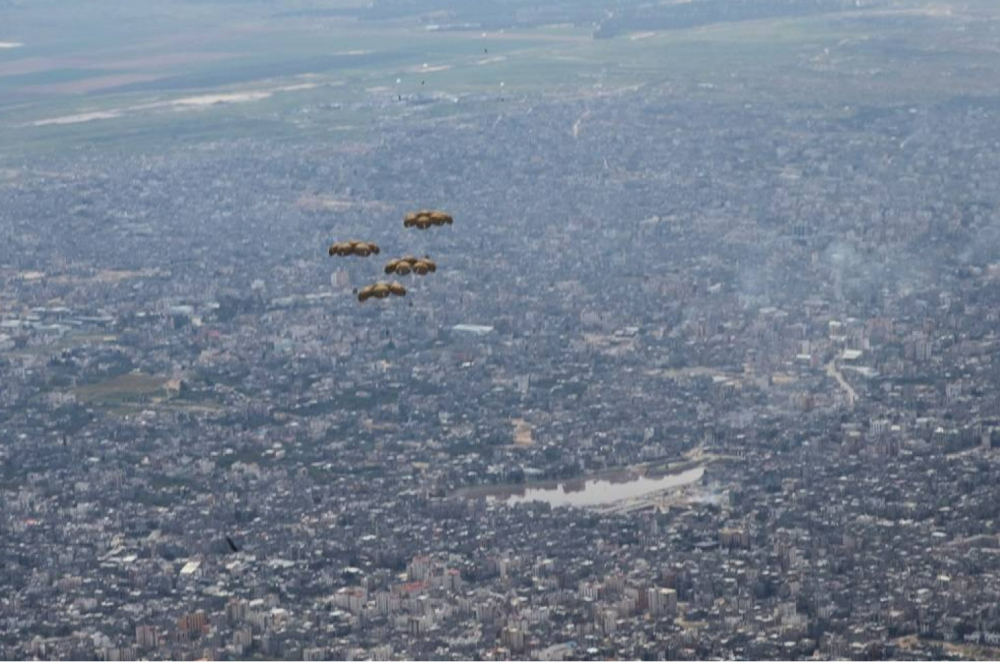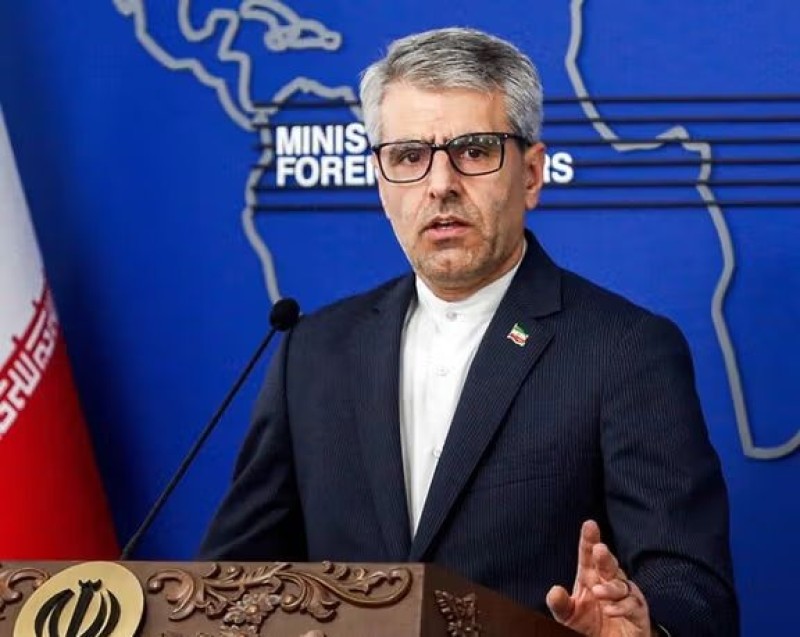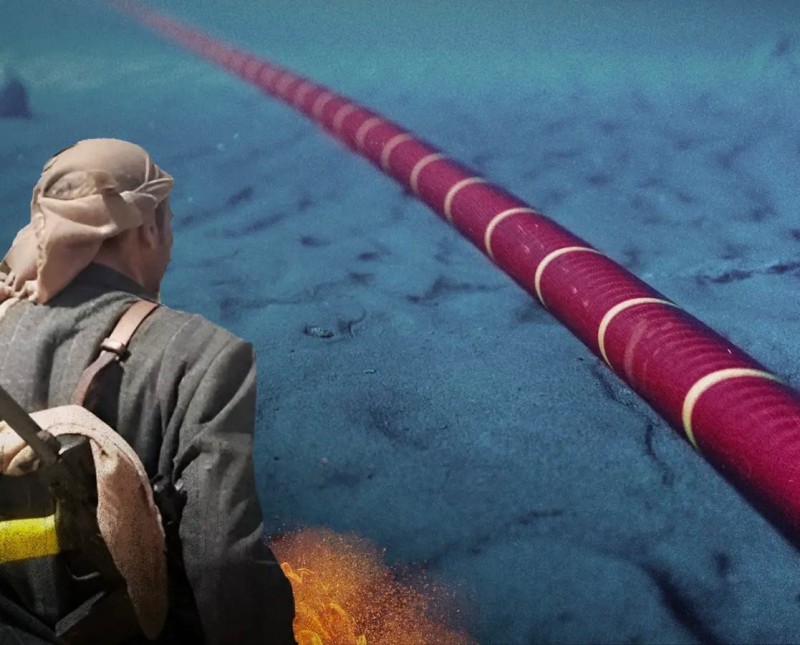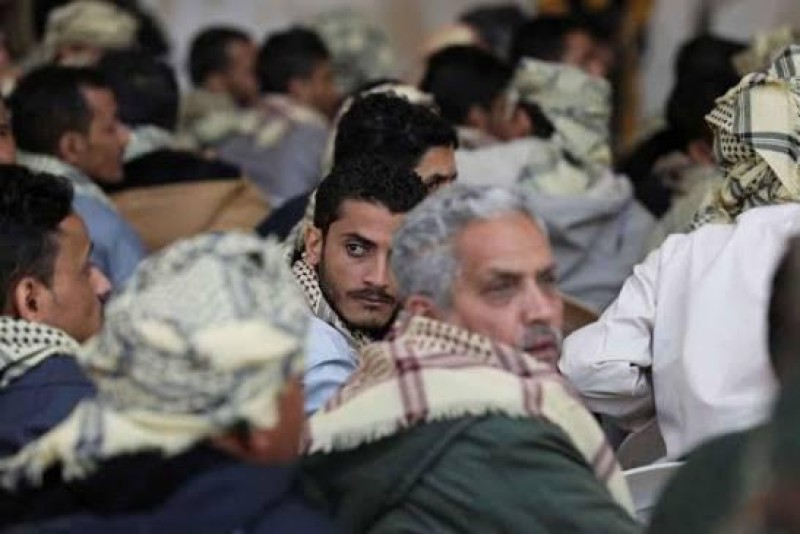Former Commander of the US Central Command "Votel" : Iran Can Be Deterred in Yemen


Former Commander of the US Central Command (CENTCOM) General Joseph Votel called for increasing pressure on the Houthi militias in Yemen and their backers in Iran to stop their attacks against ships in the Red Sea.
In an interview, he said the Houthi attacks have become a major problem, advising US President Joe Biden to increase American military presence in the region in the hopes of raising the pressure on the Houthis to make it very painful on them to continue their attacks and in turn, pressure Iran.
Votel, who served as CENTCOM commander from 2016 and 2019, noted that the US managed to deter Iran from continuing attacks by its militias against American forces in Iraq and Syria. So, Washington could certainly do the same to deter Iran in Yemen.
At the moment, the Houthis have benefitted from the attacks waged against them by the US, rather than feel the consequences of their actions, said Votel.
He stated that the strikes have not convinced the Houthis that they have a lot to lose, rather than gain, from continuing their attacks. The Houthis will continue their attacks as long as they have more to gain than lose in the situation.
He stressed that the Houthis have benefited from the western strikes, they are in the news, they have affected international shipping and they are viewed as standing in the way of the US and other western powers.
The benefits they are reaping outweigh the cost of the losses they are incurring in the western strikes, he noted. So, the West needs its strikes to be painful for the Houthis and Iran, or the world will have to accept that the threats in the Red Sea will last a long time until the situation in Gaza is resolved.
Focus should be shifted to the parties that are financing the Houthis and providing them with arms and equipment. They have amassed their weapons over the years, so anything destroyed in western strikes is relatively easily replaced. So, the strikes should target the source of these weapons, Votel suggested.
He acknowledged, however, that such an approach risks dragging the US into a long-term conflict with the Houthis or perhaps even Iran.
On Gaza, he remarked that everyone can agree that Israel needs to do what it can to protect itself from Hamas. However, the US government believes that Israel’s military operation is not taking into consideration the dire humanitarian situation in Gaza.
He noted the displacement of 80 to 90 percent of the people of Gaza due to the conflict. He said military operations should continue while ensuring the delivery of humanitarian aid to prevent the situation from getting worse.
Turning to Lebanon, Votel said neither Israel nor Hezbollah have any interest in the eruption of a largescale war between them.
Hezbollah leader Hassan Nasrallah remembers what happened the last time Israel made an incursion into Lebanon. He remembers the ensuing destruction and the pressure he came under from the Lebanese government and people. So, he has no strong intention to widen the conflict, said Votel.
Hezbollah will continue to launch attacks that would make it difficult for Israelis to return to their homes near the border region and this will continue to pile more pressure on Israeli Prime Minister Benjamin Netanyahu, Votel added. Hezbollah will therefore maintain its attacks, while not escalating them, to act as a constant reminder that it can affect developments in Israel.
The best solution lies in returning the situation to the way it was before October 7 when Hamas launched its surprise attack on Israel, leading it to wage its devastating war on Gaza.

Tehran — Iranian Foreign Ministry spokesman Ismail Baghaei has voiced concern over the latest developments unfolding in Yemen, particularly i…

A new media report has revealed that Google is embarking on a major subsea cable initiative, dubbed Blue Raman, in a strategic move to establish a…

Muscat – Thousands of Yemeni families are anxiously watching the ongoing prisoner exchange talks in Muscat, Oman, hoping for a breakthrough t…